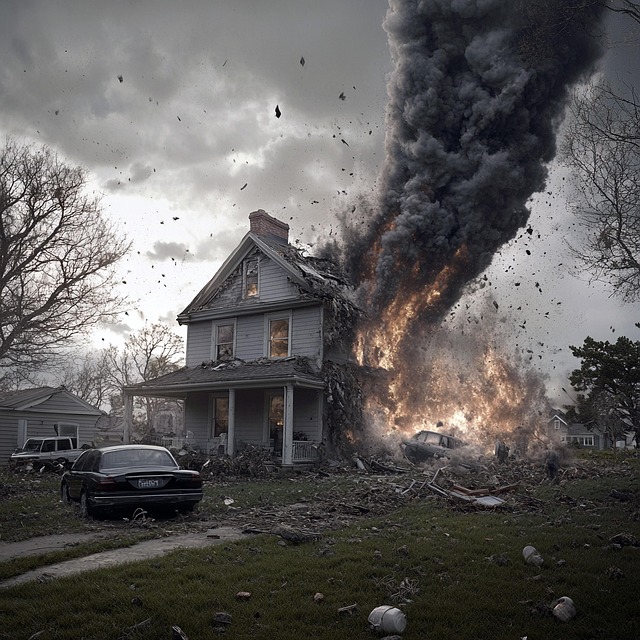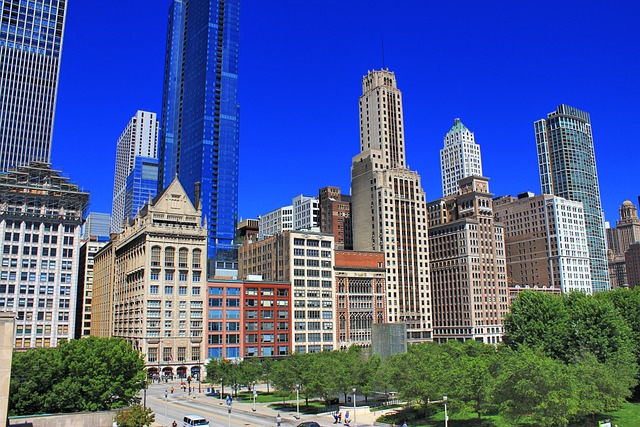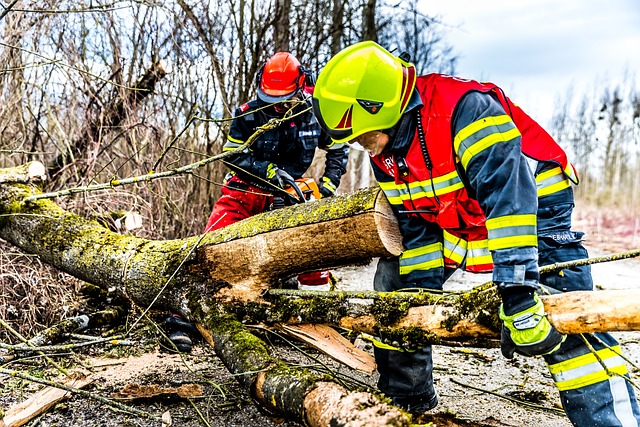Selling a house with fire damage in Chicago demands adherence to Illinois' stringent property disclosure laws, which mandate accurate reporting of material defects like structural issues and past fires. Sellers must transparently disclose all relevant information, including repair history and lingering concerns, to avoid legal issues and breach of contract claims. A thorough pre-listing inspection aids in identifying damages, ensuring accurate disclosures, and potentially negotiating with buyers for a smoother sale process.
In the competitive Chicago real estate market, understanding Illinois property disclosure laws is crucial when selling a home, especially after fires. This article navigates the legal considerations specific to selling a house with fire damage in Chicago, providing insights into state regulations and practical steps for a smooth transaction. By delving into these laws, folks looking to sell properties damaged by fire can ensure compliance, foster transparency, and potentially attract buyers eager to transform a challenging situation into a symphony of renewal.
- Understanding Illinois Property Disclosure Laws
- Selling a House with Fire Damage in Chicago: Legal Considerations
Understanding Illinois Property Disclosure Laws
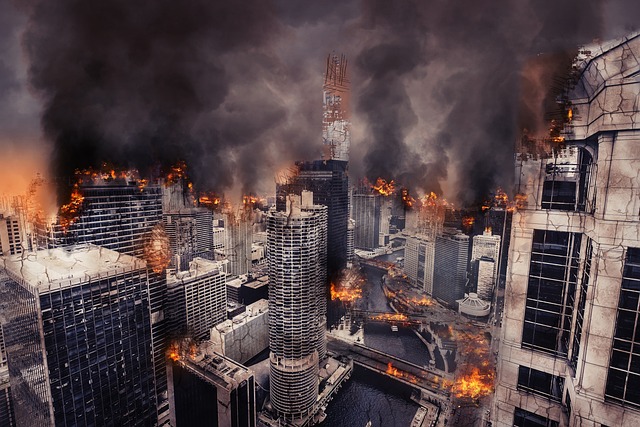
In the state of Illinois, selling a house with fire damage in Chicago comes with specific legal requirements known as property disclosure laws. These laws aim to protect both buyers and sellers by ensuring transparency regarding any significant defects or issues within a property. When a home has sustained fire damage, it’s crucial for the seller to disclose this information accurately on the Real Property Disclosure Form. This form is a standard document in Illinois that asks about various potential problems, including structural damage, mold, lead-based paint, and—in this case—previous fires.
Understanding these disclosure laws is essential for anyone looking to sell or purchase a home with fire damage. Sellers must be honest and thorough in their disclosures to avoid legal issues later. Buyers, on the other hand, should carefully review the disclosure form and any available information about past fires, as this can impact their decision-making process and potential renovation plans.
Selling a House with Fire Damage in Chicago: Legal Considerations
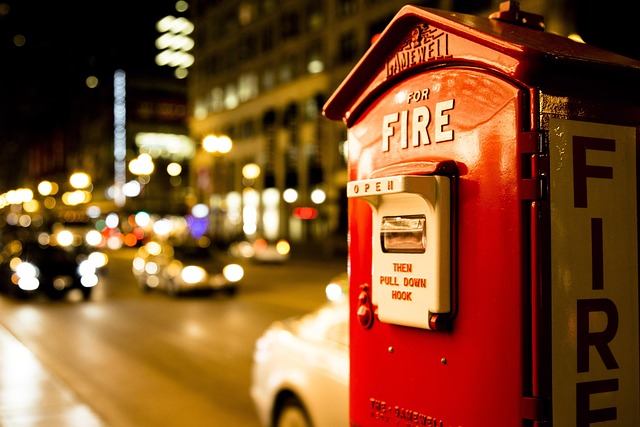
Selling a house with fire damage in Chicago involves several legal considerations. Illinois property disclosure laws mandate that sellers disclose any known material defects, including significant structural issues and previous disasters like fires. While some may think revealing fire damage is merely an act of transparency, it’s crucial to understand the legal implications and potential liability. Sellers must provide accurate information about the extent of the damage, its repair, and any remaining issues to buyers, ensuring they are fully informed before making a purchase decision.
In Chicago, real estate transactions are governed by both local ordinances and state laws. Sellers who fail to disclose known fire damage could face legal repercussions, including breach of contract claims if a buyer later discovers undisclosed issues. To avoid potential disputes, it’s advisable to have a thorough inspection conducted before listing the property for sale. This process helps identify all damages, facilitates accurate disclosure, and may even help negotiate repairs or adjustments with interested buyers, ensuring a smoother selling experience.
When selling a house with fire damage in Chicago, understanding and adhering to Illinois’ property disclosure laws is paramount. These regulations ensure transparency between buyers and sellers, streamlining the process for both parties. By being proactive about disclosing fire damage, Chicago homeowners can avoid legal complications and facilitate a smoother sale, especially when it comes to sell house with fire damage Chicago. Staying informed about these laws empowers you to navigate the real estate market effectively, ensuring a positive experience for all involved.
